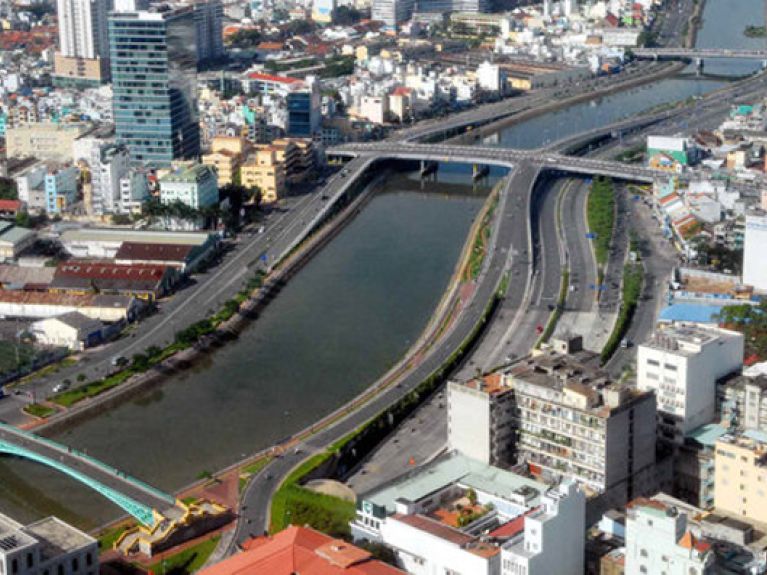Equal unequal partners
Although the EU and ASEAN are similar and have cooperated for a long time, there are also big differences between them.

The European Union (EU) and the Association of Southeast Asian Nations (ASEAN) are often compared and show similarities. The European Union unites over 500 million people in 28 countries and ASEAN over 600 million people in 10 countries. ASEAN is one of the world’s most integrated regional organisations after the EU, and both have set themselves the goals of maintaining peace and stability and achieving economic growth and development for their member countries. This also led to the EU’s oldest regional partnership: EU-ASEAN dialogue began in 1978.
Current cooperation is based on the Bandar Seri Begawan Plan of Action to Strengthen the ASEAN-EU Enhanced Partnership (2013–2017), which was agreed by the foreign ministers of EU and ASEAN in Brunei in 2012. The plan of action describes four areas in which the two regional organisations intend to work together more closely in the next few years: policy and security policy, business and trade, socio-cultural and civil society questions and institutional cooperation.
The negotiations on an EU-ASEAN free-trade agreement that were begun in 2007 have been in abeyance since 2010, the EU is now conducting negotiations with individual ASEAN states. A free-trade agreement between Singapore and the European Union was concluded in 2012. The European Union is currently engaged in talks with Malaysia, Vietnam and Thailand. The numbers indicate the potential a free-trade agreement between the two regions would offer. ASEAN is the European Union’s third largest trading partner (after the USA and China), while in return the EU is the third largest trading partner for ASEAN (after China and Japan). Furthermore, the EU is by far the largest investor in the ASEAN countries.
Nevertheless, the two regions do differ when it comes to some major goals. ASEAN is not striving for a common currency, and member states shy away from transferring national duties to supranational institutions. ▪

